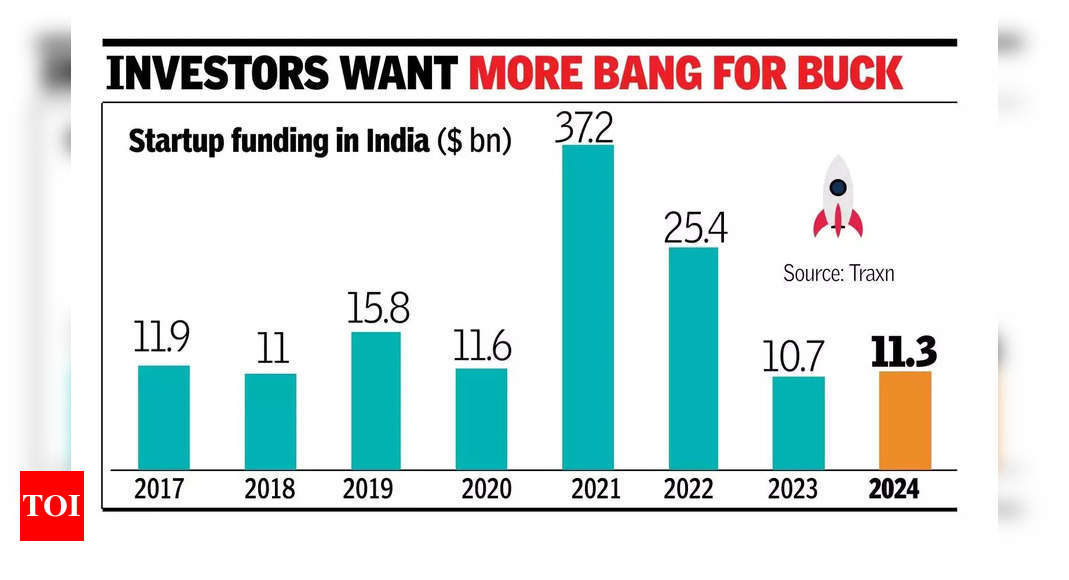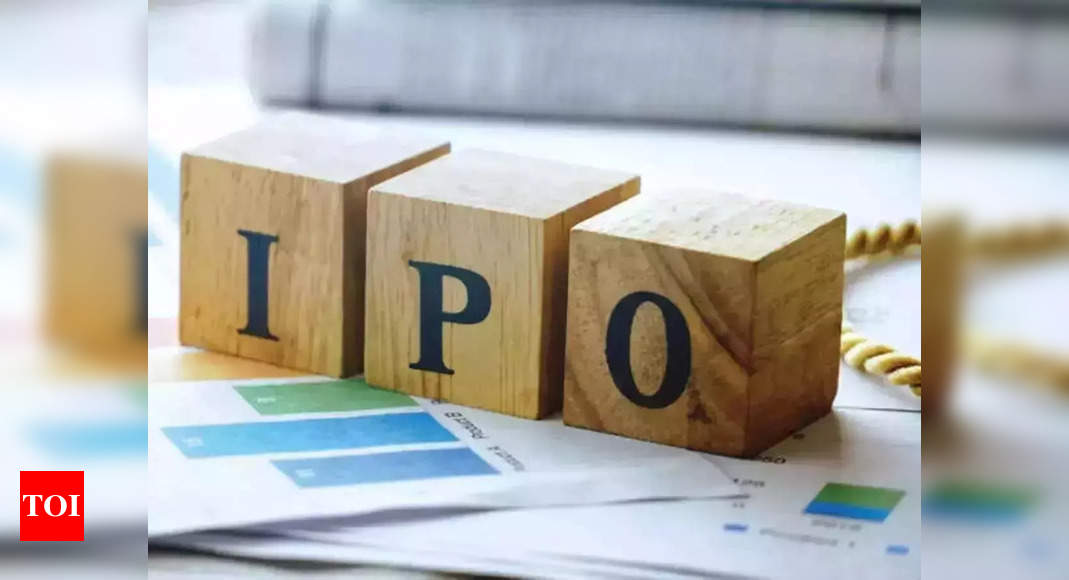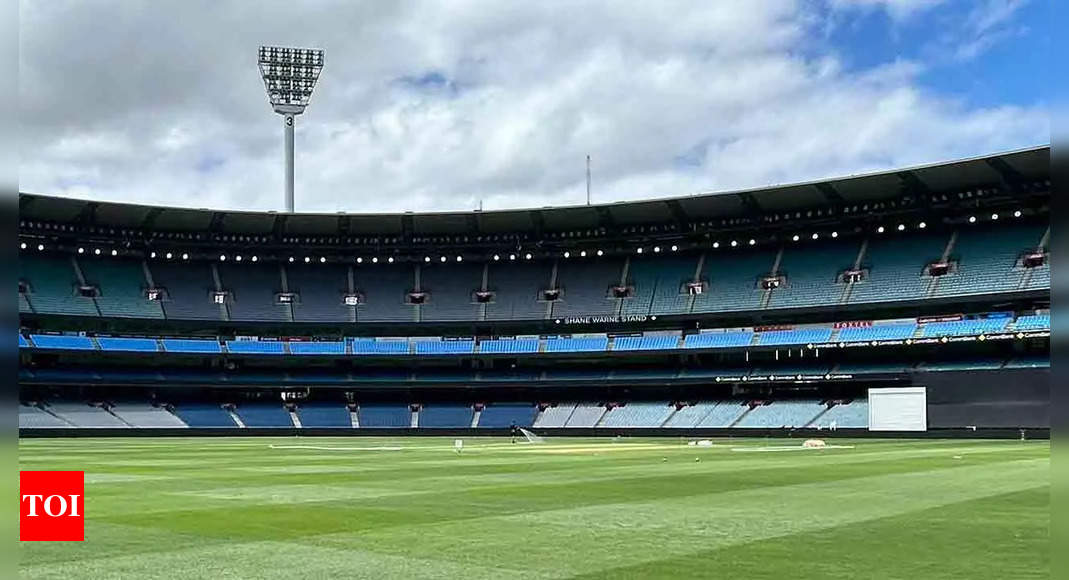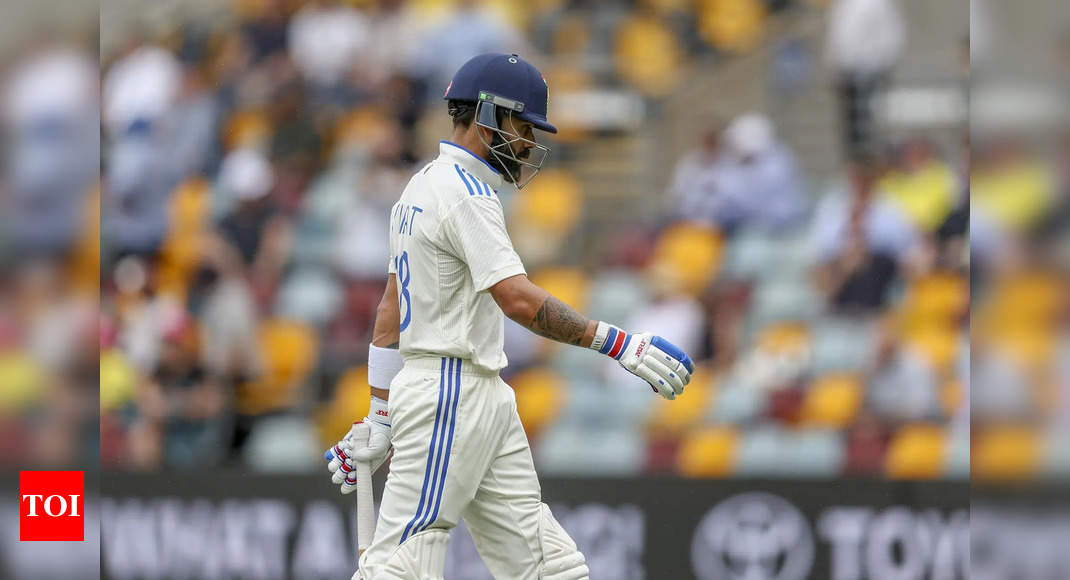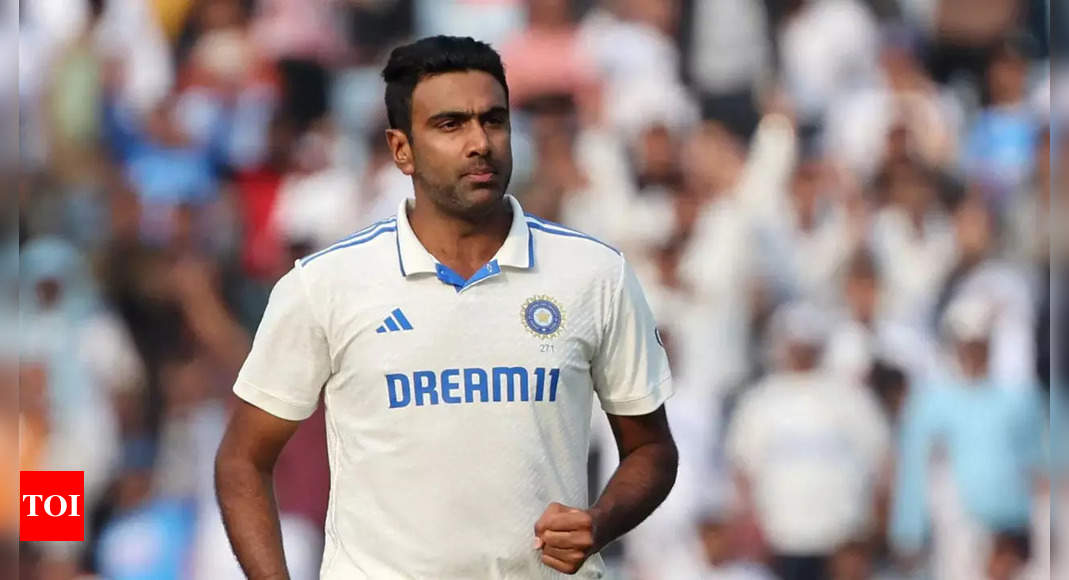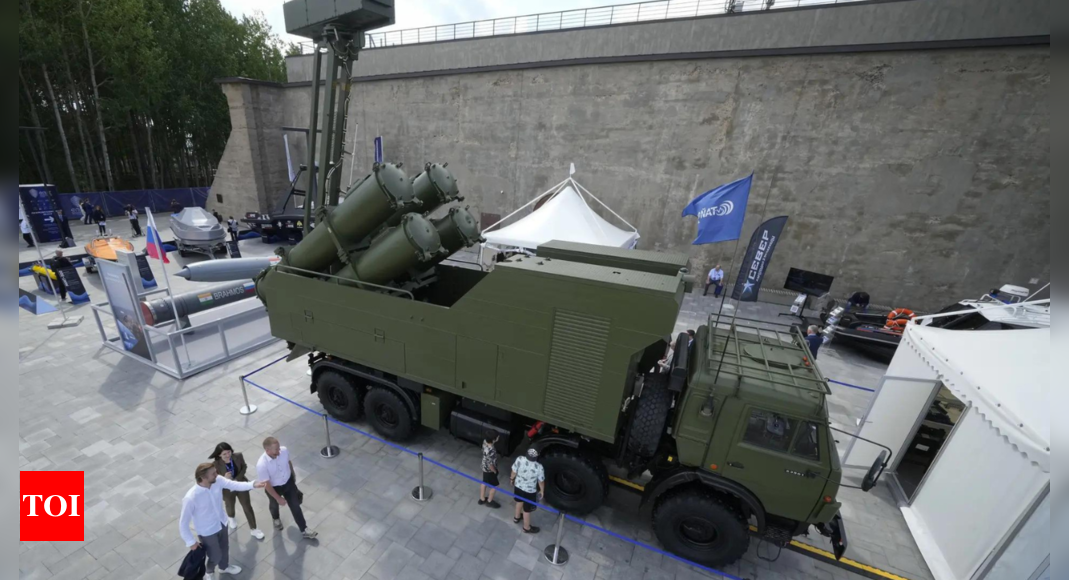
NEW DELHI: Amid strengthening ties between India and Russia, New Delhi has urged Moscow to accelerate the delivery of the S-400 air defense missile systems.
Russia has informed India that due to the ongoing conflict with Ukraine, the delivery of the fourth and fifth squadrons of the S-400 systems will be postponed to March 2026 and October 2026, respectively.
India and Russia signed a contract in 2019 for the acquisition of five squadrons of the advanced air defense system, capable of targeting threats up to 400 kilometers away.
“India has requested Russia during recent discussions to speed up the deliveries to meet Indian Air Force requirements and possibly advance the timelines,” defense officials said.
The Russian side has assured India that they will consider the request.
So far, Russia has delivered three of these air defense systems, which have been operationalized and deployed along the borders with China and Pakistan.
The remaining two squadrons were initially expected to be delivered by 2024, but delays have occurred due to Russia’s internal issues and the conflict in Ukraine.
India has strategically positioned these missiles to counter any aerial threats from enemy aircraft, cruise missiles, and ballistic missiles.
The Indian Air Force, which has recently received indigenous MR-SAM and Akash missile systems, as well as Israeli Spyder quick-reaction surface-to-air missile systems, views the S-400 as a critical enhancement to its capabilities.
In recent years, the Indian Air Force has significantly bolstered its air defense.
The Indian Air Force has also embarked on Project ‘Kusha’, an initiative to develop an indigenous long-range air defense system with the DRDO.
China has extensively deployed air defense systems across the Line of Actual Control, prompting India to deploy its own systems to counter potential threats.
Earlier this week, Prime Minister Narendra Modi visited Moscow and met with President Vladimir Putin. The two leaders discussed enhancing military joint ventures for the production and maintenance of various weapon systems, further cementing the close relationship between the two nations.
Russia has informed India that due to the ongoing conflict with Ukraine, the delivery of the fourth and fifth squadrons of the S-400 systems will be postponed to March 2026 and October 2026, respectively.
India and Russia signed a contract in 2019 for the acquisition of five squadrons of the advanced air defense system, capable of targeting threats up to 400 kilometers away.
“India has requested Russia during recent discussions to speed up the deliveries to meet Indian Air Force requirements and possibly advance the timelines,” defense officials said.
The Russian side has assured India that they will consider the request.
So far, Russia has delivered three of these air defense systems, which have been operationalized and deployed along the borders with China and Pakistan.
The remaining two squadrons were initially expected to be delivered by 2024, but delays have occurred due to Russia’s internal issues and the conflict in Ukraine.
India has strategically positioned these missiles to counter any aerial threats from enemy aircraft, cruise missiles, and ballistic missiles.
The Indian Air Force, which has recently received indigenous MR-SAM and Akash missile systems, as well as Israeli Spyder quick-reaction surface-to-air missile systems, views the S-400 as a critical enhancement to its capabilities.
In recent years, the Indian Air Force has significantly bolstered its air defense.
The Indian Air Force has also embarked on Project ‘Kusha’, an initiative to develop an indigenous long-range air defense system with the DRDO.
China has extensively deployed air defense systems across the Line of Actual Control, prompting India to deploy its own systems to counter potential threats.
Earlier this week, Prime Minister Narendra Modi visited Moscow and met with President Vladimir Putin. The two leaders discussed enhancing military joint ventures for the production and maintenance of various weapon systems, further cementing the close relationship between the two nations.





